Top five tips for Data Privacy Day
It's the second annual Data Privacy Day - do you know where your data is?


Keep an eye on your own data that's the message Intel and other groups are trying to get to the forefront of people's minds today, with the second annual Data Privacy Day.
With web security and data breaches constantly in the news, it's hard to imagine this will take much convincing, but malware is spreading at a constantly increasing rate, suggesting people simply aren't keeping safe online.
It's no easy task, however, as the average internet user's data is sprinkled across as many as 800 databases. So what can you do to keep your data the way it should be - private? Here's five tips from security experts to mark the day.
Use security software
Even the most security savvy people sometimes let their guard down, and such software helps offer an additional line of defence to keep your computer and increasingly, your mobile phone free of data-stealing malware.
And if you're not on top of the latest malware trends, you definitely need up-to-date anti-virus of some sort. "A lot of issues never arise because they're blocked," Symantec's Guy Bunker told IT PRO. "If you have security software in place, it gives you an extra level of security."
On the other side, businesses and the government need to start encrypting data. "Going forward an enterprise-wide approach to security must be taken which focuses on defending the data, not simply protecting the network," said PGP's Jamie Cowper. "Encryption is key to this strategy and remains the most viable solution for enterprise data protection."
Get the ITPro daily newsletter
Sign up today and you will receive a free copy of our Future Focus 2025 report - the leading guidance on AI, cybersecurity and other IT challenges as per 700+ senior executives
Install updates
Many updates to operating systems, applications and browsers are to fix discovered flaws in code as in holes that could let people in to access your data. "It's still important you update your operating system, apps and browser," said Bunker. "It's a bit like cracks in a windshield it's a known vulnerability which someone might exploit."
Indeed, Bunker warned that despite many new computers coming loaded with anti-virus software, people sometimes forget to renew the subscription. "People start out with the best intentions it comes with anti-malware, but people go away and don't think about it anymore."
Use your head
"The key piece is to think about what you're doing," said Bunker. "If you're copying data onto a CD ROM, think about what you're doing with it."
The same follows when working online, he said. "If you're in your office, or sitting around at home, surfing the web, and something asks you to install it, just think twice," Bunker said. "Most malware is delivered through the browser."
Businesses can't ensure every employee uses their head each and every time they come into contact with private data, but they can set better policies, PGP suggested. "Data is now the currency of the internet and organisational policies must reflect that," Cowper said.
Keep it private
Social networks are increasingly a major target of hackers and all they often need is access to your profile page.
"One of the big problems is people putting information on social networks," Symantec's Bunker explained.
Full names and birthdates might seem innocuous posted on your Facebook page, but it's simply not. "If they have enough information, say from a social network, then [fraudsters] can even apply for a bank account in your name you'll not know until you apply for one yourself."
Treat data as something worth protecting
People and businesses need to think about how they handle data their own, and that of others. "You'd like to think other people are looking after yours as well as you are," Bunker said.
Organisations have seen that there is a problem it's hard to miss. But now that they've seen something needs to be done, it's time to take action. "Though organisations recognised the problem in 2008, the year ahead must see a more proactive attitude to data security," said Cowper.
"For governments, this means putting the correct measures in place to protect citizens' data within the so-called super-databases'. For enterprises, this means creating robust data protection strategies to reduce the risk of reputational damage in an already turbulent marketplace."
Click here to read the 11 lessons organisations should have learned about data breaches.
Freelance journalist Nicole Kobie first started writing for ITPro in 2007, with bylines in New Scientist, Wired, PC Pro and many more.
Nicole the author of a book about the history of technology, The Long History of the Future.
-
 Should AI PCs be part of your next hardware refresh?
Should AI PCs be part of your next hardware refresh?AI PCs are fast becoming a business staple and a surefire way to future-proof your business
By Bobby Hellard
-
 Westcon-Comstor and Vectra AI launch brace of new channel initiatives
Westcon-Comstor and Vectra AI launch brace of new channel initiativesNews Westcon-Comstor and Vectra AI have announced the launch of two new channel growth initiatives focused on the managed security service provider (MSSP) space and AWS Marketplace.
By Daniel Todd
-
 India’s new data protection bill continues to “facilitate state surveillance”
India’s new data protection bill continues to “facilitate state surveillance”News Although data localisation requirements have now been removed, it’s down to the Indian government to select which countries data is allowed to be sent to
By Zach Marzouk
-
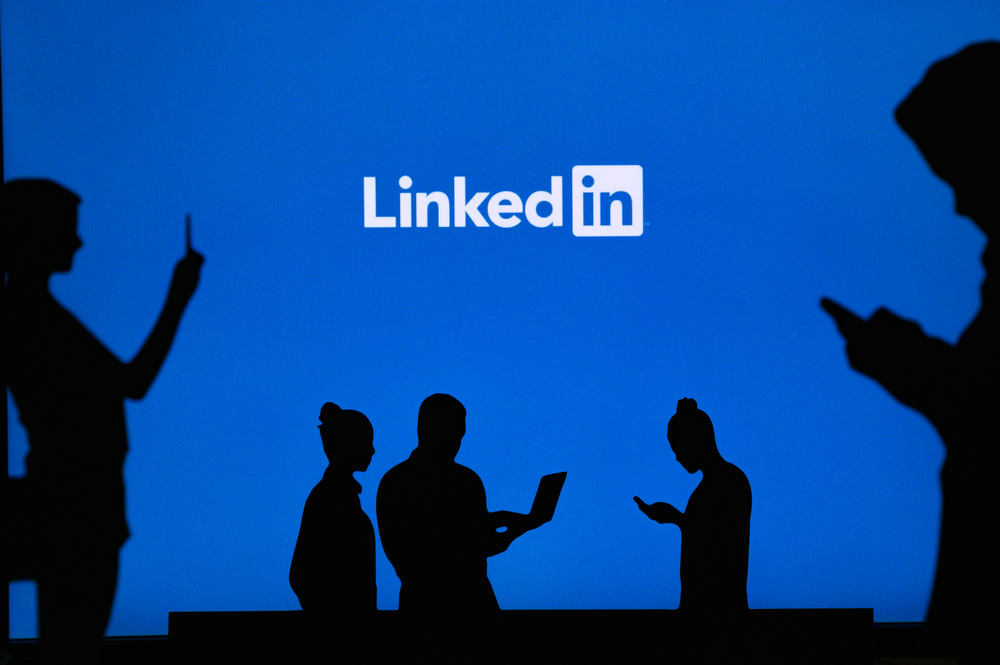 LinkedIn denies data breach that reportedly exposed 700 million user records
LinkedIn denies data breach that reportedly exposed 700 million user recordsNews Report claims 'breach' led to profiles belonging to 92% of LinkedIn users being put up for sale on a popular hacker forum
By Bobby Hellard
-
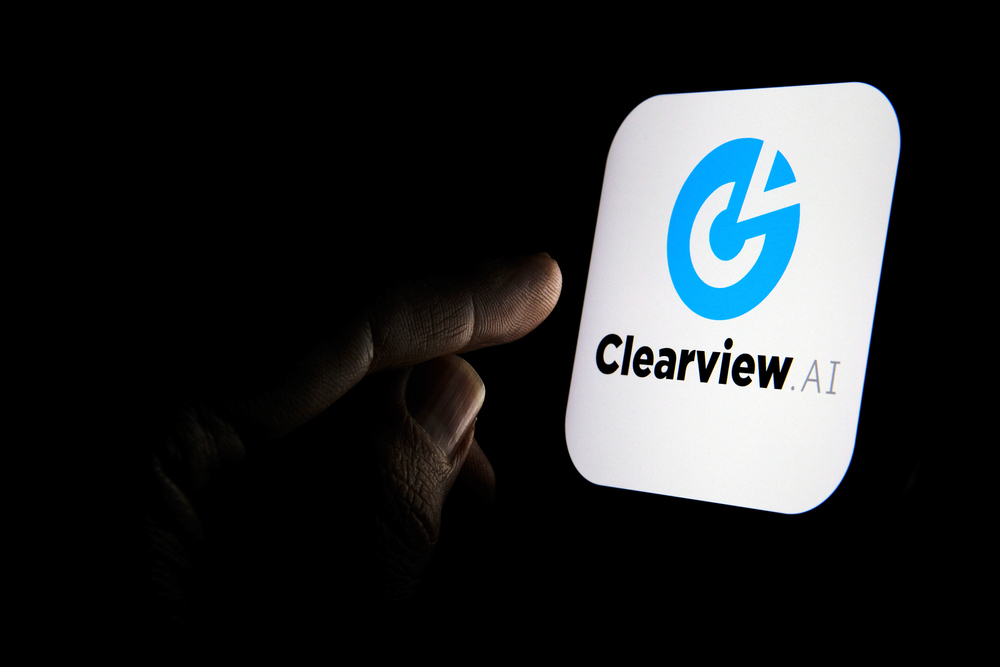 Privacy campaigners rally against "illegal" Clearview AI data scraping
Privacy campaigners rally against "illegal" Clearview AI data scrapingNews The notorious facial recognition firm claims to have a database of more than three billion images scraped from social media sites
By Bobby Hellard
-
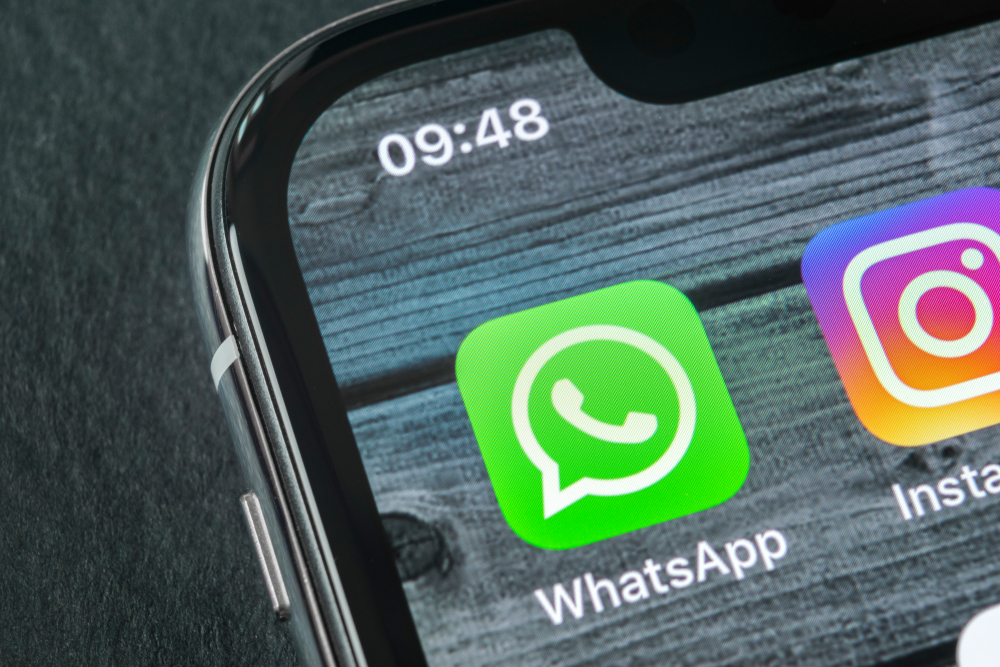 Germany bans Facebook from using WhatsApp data over GDPR concerns
Germany bans Facebook from using WhatsApp data over GDPR concernsNews Hamburg's data protection commissioner issues three-month ban days before the app's new privacy policy rolls out
By Bobby Hellard
-
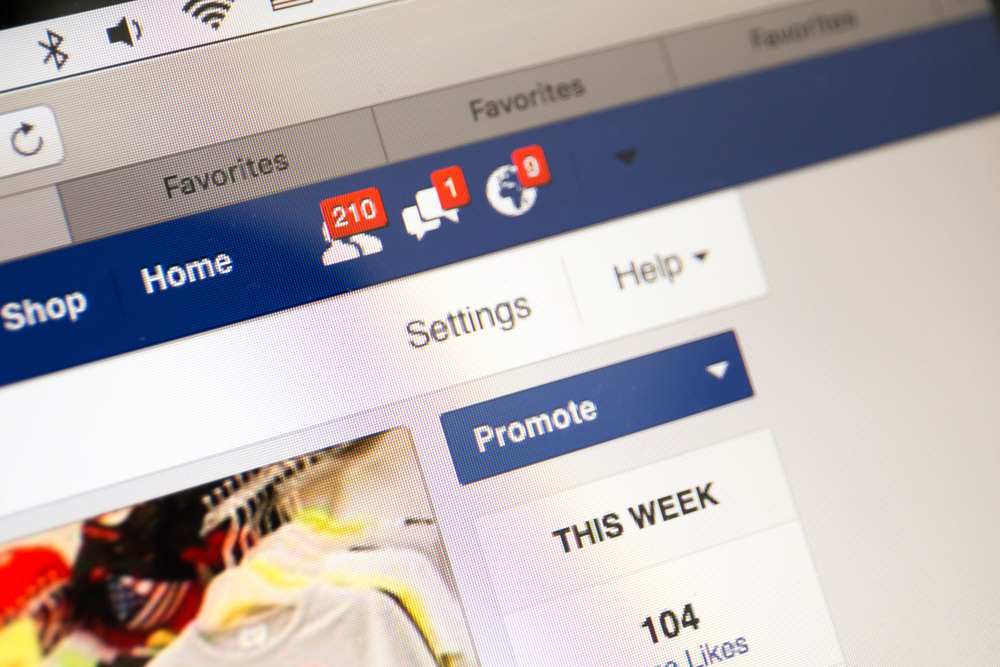 Facebook faces 'mass action' lawsuit over data breach
Facebook faces 'mass action' lawsuit over data breachNews Digital Rights Ireland is urging European Facebook users who have been affected to sign up
By Zach Marzouk
-
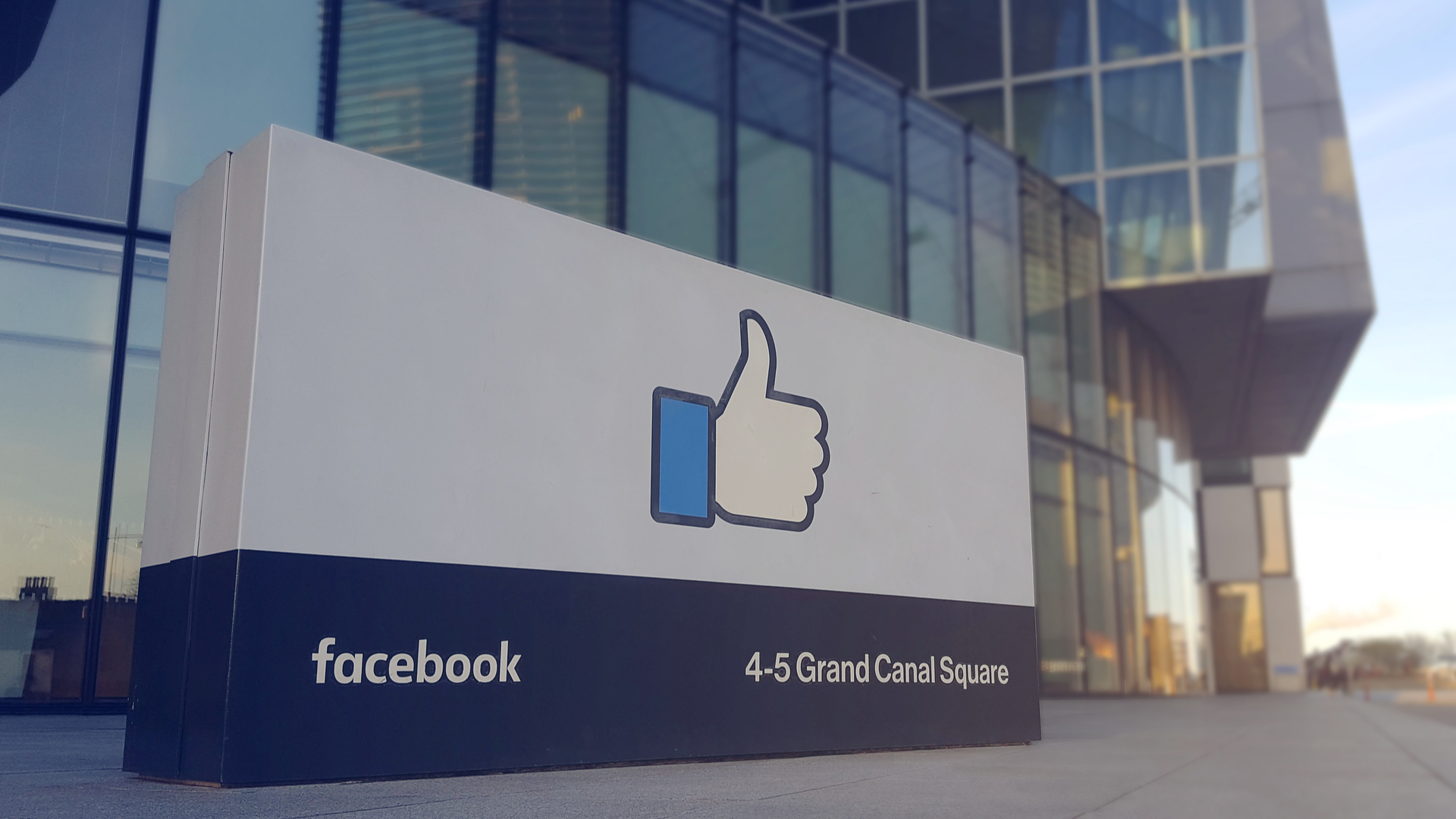 Irish data watchdog to investigate Facebook data leak
Irish data watchdog to investigate Facebook data leakNews The regulator believes that Facebook may have infringed ‘one or more’ GDPR provisions following apparent leak of 533 million user records
By Sabina Weston
-
 EU might force tech giants to share data with smaller rivals
EU might force tech giants to share data with smaller rivalsNews The Digital Services Act draft also suggests that firms may be banned from giving their own services preferential treatment
By Sabina Weston
-
 Irish data watchdog orders Facebook to halt EU user data transfers to the US
Irish data watchdog orders Facebook to halt EU user data transfers to the USNews Nick Clegg suggests cancelling its transfer mechanism could cause chaos for businesses and the global economy
By Bobby Hellard